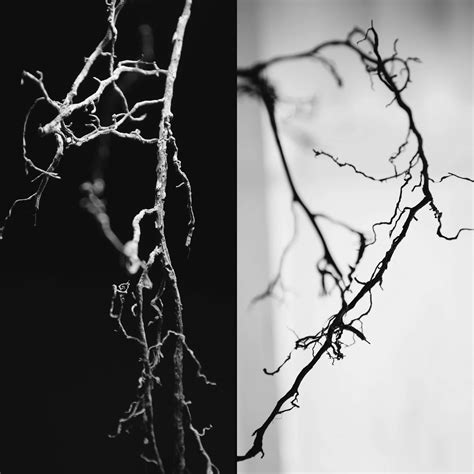The author of The Life of Paracelsus, Franz Hartmann wrote “If we know Nature we know Man, if we know Man we know Nature”.
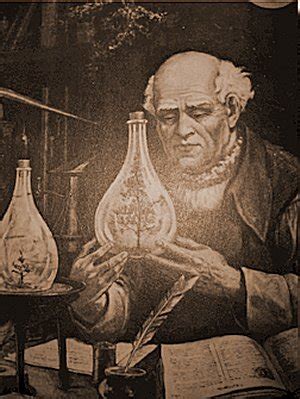
Until very recently, this very profound statement did not have quite the impact on me. The Latin Root ‘Phyto’ means plant. Thus, we arrive at the name of Phytotherapy meaning plant therapy and Phytochemistry respectively meaning plant chemistry. Through the study of Phytotherapy, I realize now that Nature and plants have so much to teach us if we really take the time to observe. Nature is an Alchemist’s playground, school and laboratory all wrapped up into one. It can teach us so many lessons about Life itself and how we view things. One thing in particular is the subject of a weed. Yes, you read it correctly, A WEED.
In order to further this point, if you indulge me, we will talk about one specific weed: The Dandelion. The bane of most people’s lawns. Yet as a child, it was one of the most fun plants because of its white fluffy seeds were so much fun to blow into the wind and watch as the cotton fluff would float around everywhere. As stated previously, most people do not share the opinions of a child and do not like weeds.
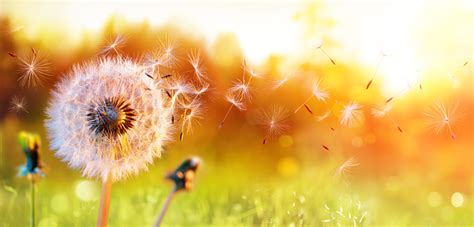
The dandelion is commonly viewed as bad plant. In fact, the last subdivision I resided in Illinois, residents would receive fines if there were too many weeds in the lawn. Which is yet another example of programming that I will address in later posts but needless to say, it is the same type programming that led to my earlier my article about Cook with Love, Eat with Gratitude in regard to Parents and College.
We all think something is Bad or Evil because we listen blindly to others without really doing the investigation for ourselves and further our understanding. The Dandelion is one of Nature’s Lessons that we can all learn from. The Dandelion has been apart of ancient herbals dating back to Ancient Greece, Arabia, and the Middle Ages.
The official Latin name of a plant usually hints to a certain plant feature. The hint is often alluding to a particular healing quality, its shape, or where it is from. In this case, the official name for dandelion is Taraxacum officinale. The root ‘Taraxos’ is Greek for disorder and ‘akos’ means remedy. The second part of the part name ‘officinale’ usually denotes that the plant has been around in the Materia Medicas of countless ancient herbals for many of years. The plant’s genus name dandelion is derived from ‘Leontodon’ meaning Lion’s teeth. Denoted by its jagged tooth like leaf. I like to reference this to the fact that Lions are very strong and hardy like that of the dandelion!
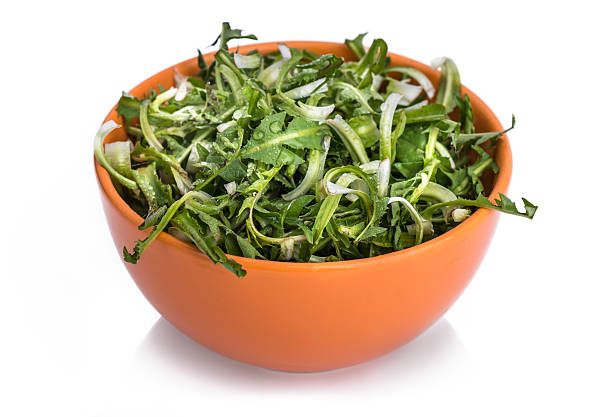
My family raised us to believe that dandelion leaves are very nutritious and taste really good. I remember when my father would come home with an entire bag of dandelions and we would eat them raw in a salad with fresh garlic, red wine vinegar and olive oil. It was such a great tasting salad and so good for you.
More recently, it is common to see dandelion leaves sold in the fresh produce section of stores such as Whole Foods. However, store bought dandelion leaves can tend to be too bitter. This is due to later harvesting. Dandelion is a bitter, but the bitterness increases with the plants age. However, it is this ‘bitter’ you really want. A bitter is great for our livers and promotes the production of bile in our digestive system. Younger dandelions harvested in the spring before flowering is the tastiest in a fresh salad. Which is why my father would wild harvest this plant then. Some cultures in Europe even make wine from dandelions.
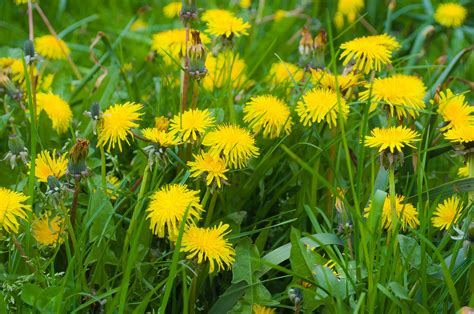
The entire Dandelion plant (flowers, leaves and roots) are commonly used medicinally. The bitter roots are good for gastrointestinal and liver issues, while the leaves are a powerful diuretic (it makes you pee!). The plant is great as a general spring tonic and benefits your whole body. Dandelion is high in nutritional value, minerals, and antioxidants. And all this from just a weed!
As you can hopefully realize by now, Nature has really taught us another lesson. Plants not only provide us with healing and nutrition, but we all can learn a valuable lessons about programming and appearance. Is the dandelion really a bad and vile weed? More importantly, are there really any bad plants? Is there really anything good or bad in life? Light/Darkness? Or is it simply varying degrees of two opposite poles? And maybe we as individuals should choose to accept and understand varying sides of polarity.
Upon understanding, we can then see that there is neither good nor bad but simply just what is. Why do we as humans in today’s world look at everything with such firm duality? Think about that statement for a minute. Every media outlet today (social media, news, magazines, newspapers, public signage) is feeding us more and more duality. Do you judge and differentiate weeds from plants? Do you find yourself passing judgment and ‘weeding’ things from your life that may need to be looked at a bit closer and understood? FOOD FOR THOUGHT! If you have time, contemplate this via mediation and please write us back to share your comments. And if you would like to learn more about ‘weeding’ your faulty thoughts, I would advise you to read Alda’s Article RoHun? and maybe book a session with her!
References
- The Life of Paracelsus by Franz Hartmann, Ph.D., Revised Second Edition, London, Kegan, Paul, Trench, Trubner & Co. Ltd., Broadway House, 68-74 Carter Lane, E.C.
- The Lost Book of Herbal Remedies by Nicole Apelian, Ph.D. & Claude Davis, 2021, copyrighted by Claude Davis
- Connect and Learn – Herbalism Program Companion Guide, Pacific Rim College, First Edition, Copyright 2020, Printed in Canada, Pacific Rim College Press
Disclaimer- Blue Angel House Healing cannot and does not contain medical advice. The health information is provided for general information and educational purposes. We do not provide medical advice. We are not medical physicians. All messages, content, and information posted here is for personal benefit and to share real stories and experiences with others. Do not try to self diagnose or self treat any or all serious or long-term illnesses. Accordingly, before taking any actions upon such information, we encourage you to consult with appropriate professionals.

